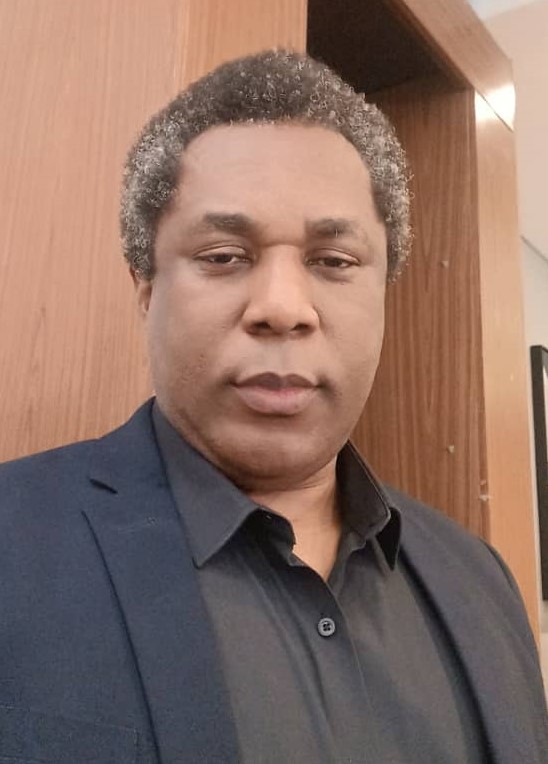By Kelechi Deca
I arrived at this beautiful Red Sea coast city yesterday for the Annual General Meetings of the African Development Bank. The theme for the 2023 Annual Meetings’ Knowledge Events is “Mobilizing Private Sector Financing for Climate and Green Growth in Africa.
A subject that is dear to me. What is happening across Africa is disheartening, moreso, that those who are in authority with leverage to take the lead on issues of climate change seem to be of the view that it is one of those exotic issues that should be the concerns of the western world makes it even more depressing.. In the last few years, many Nigerian cities are flooded, people are ordered to quit their homes because they would be fully immersed in floods, yet no concrete actions are being taken in that regard.
Four years ago I was on a television ( TVC) discussing issues concerning food security, instinctively, I used the term ‘Climatenomics’, before then I had never read or heard about it, but prayed my audience understood what I meant.
A day after the programme, someone from South Africa came inbox to ask me to explain what I meant by Climatenomics. Interestingly, I never made any effort to check if such a word exists after mentioning it on live network television, so I tried my best to explain to him what I think Climatenomics should be. He asked how I came about the term, I told him I simply thought such coinage makes sense.

Sometime last year another colleague with whom I’ve shared the term told me that someone has written a book with that name. I was wowed.
The book titled Climatenomics: Washington, Wall Street and the Economic Battle to Save Our Planet is authored by Bob Keefe.
The author tried to highlight the intersection between climate change and economics, arguing that the battle against climate change is no longer just an environmental or social issue.
The economic impact of climate change is rattling the foundation of our economy at its very core. It is blowing up centuries-old industries from automobiles to oil and gas, creating new opportunities for investors and entrepreneurs.
I know there are some people who do not believe in climate change and all the talk about climate change. They’re entitled to their views.
People from some countries in East Africa have not seen rain in three years. Go and preach to them that Climate Change is a hoax.
Last week, while I was in my village. I noticed something striking. Especially the fruiting pears (Ube), I took time to inspect over 50 different Ube trees and the size of their fruits were so tiny and smaller than they should be at this period of gestation.
I brought my observations to the attention of my Umunna, and the elders in my village re-echoed my concerns. They complained that the cycle of most cash crops have changed with fewer harvests than before, and the trees are not left out.
The Ube I saw on top of the trees would be ready by the end of June. Their destinies are being postponed.
It may be because of Climate Change, it may be another issue.
If you pay attention to details, you’d realise the South East of Nigeria is fast losing its rainforest region tag, and may become a Savannah grassland in the nearest future.
The floods that affected millions last year will still happen again irrespective of whether you believe in Climate Change or not.
For now let me pay attention to deliberations here on how the private sector will mobilise financing for climate and green growth in Africa.


